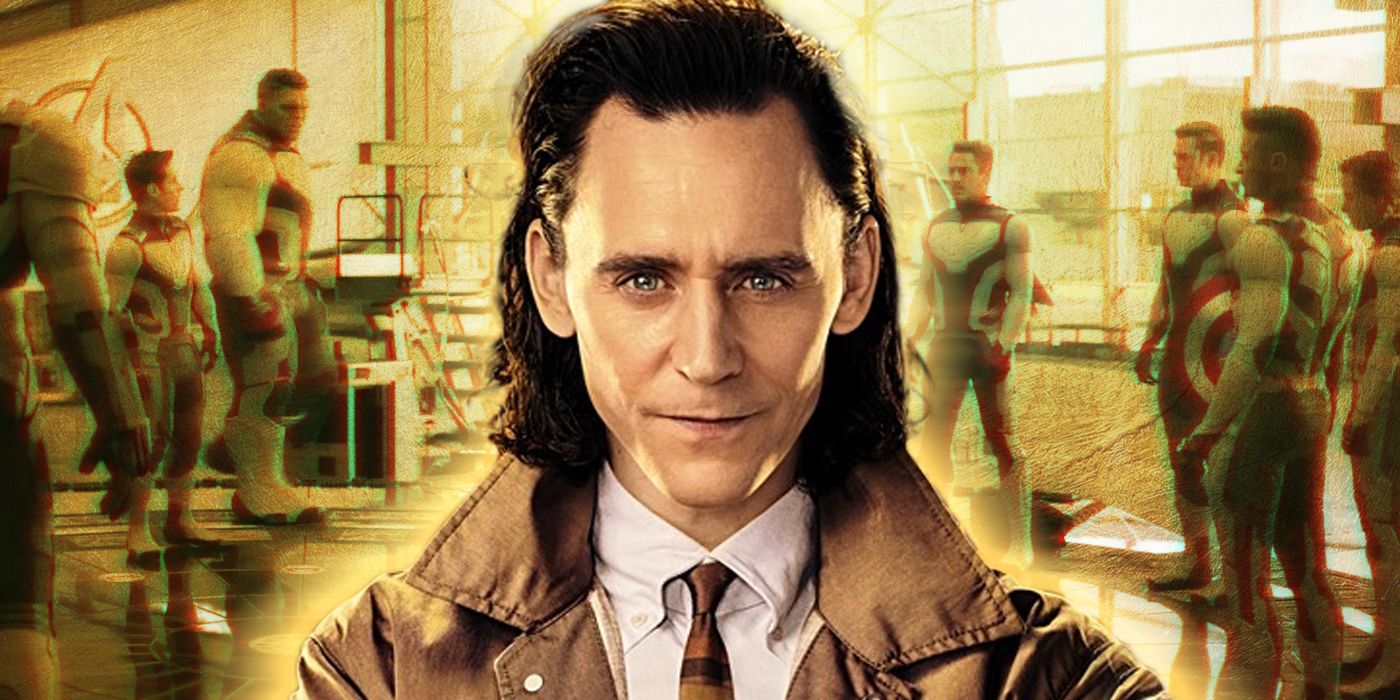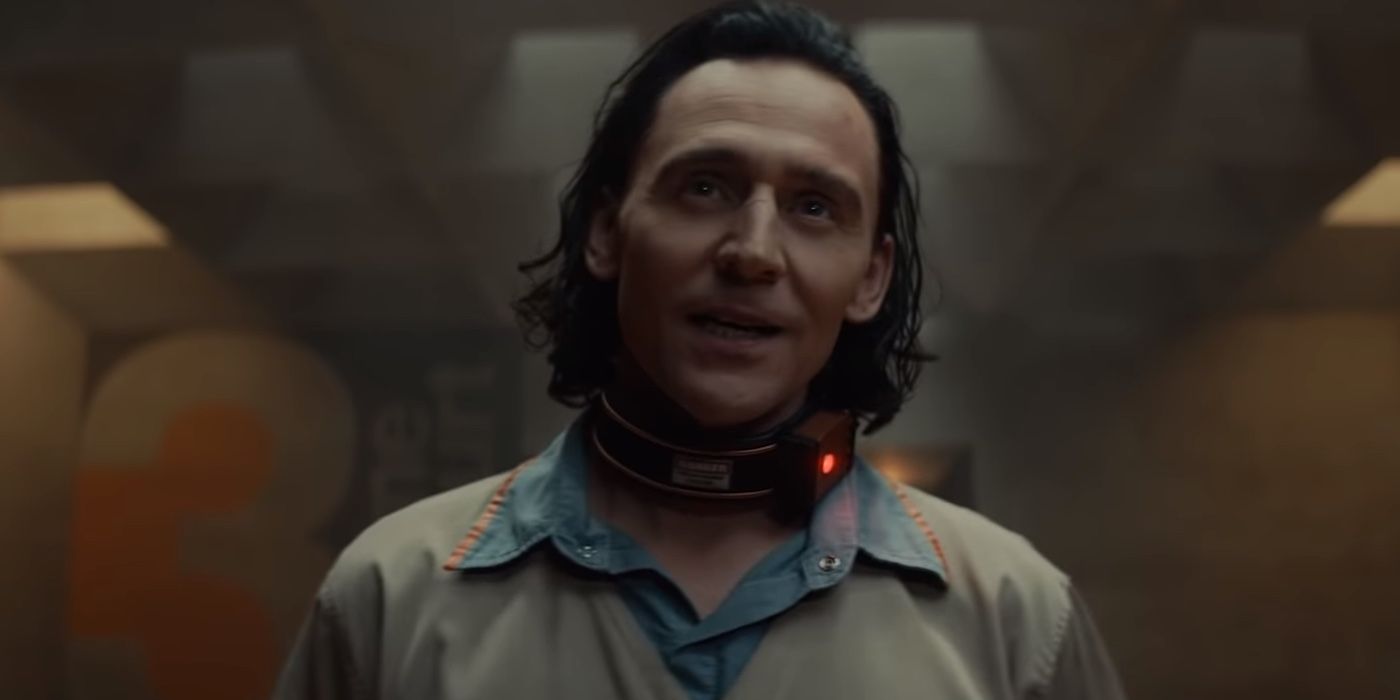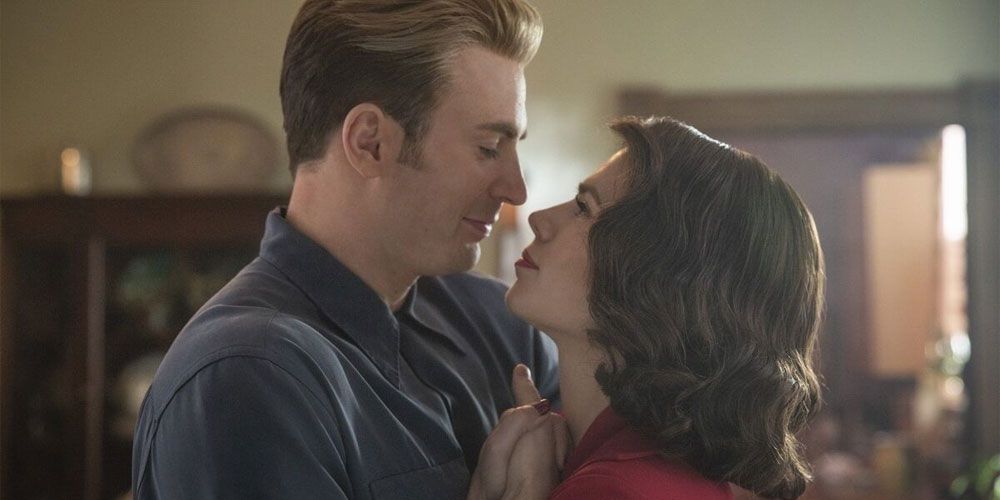
WARNING: The following contains spoilers for Loki Episode 1, "Glorious Purpose," streaming now on Disney+.
Loki's first episode sees the God of Mischief do and say everything he can to shift the odds back into his favor, hopping towards each new opportunity with clever desperation. Nothing seems to work, but not for a lack of trying. In fact, one of Loki's first attempts to dodge responsibility actually addresses a huge fan debate, but as far as the Time Variance Authority is concerned, there's no question about the temporal ethics of Avengers: Endgame's time heist.
Early in the premiere, Loki is quickly arrested for crimes against the sacred timeline, processed and presented to Judge Renslayer for sentencing. It's a whirlwind ride for the god, who thought he was on the cusp of world domination only a couple of hours earlier. But he rallies during his plea and suggests, logically, that it's the Avengers who are at fault for messing up the timeline. He calls out the fact that there were clearly two Tony Starks present, and that interference is what puts the temporal divergence into motion. But he's visibly surprised when Renslayer is unmoved by what audiences have long debated, stating dispassionately that the time heist was, in fact, what was supposed to happen.

By extension, the exchange appears to mean that all of Endgame was Timekeeper-sanctioned. If the time heist was canon and legal, then Steve Rogers' canon attempts to return the stones to their original times and locations was also legal, regardless of how much fuzzier the rules of time travel seemed to be for the Avengers. It's a way to neatly clean up some of the confusion left behind after the film, although it may still be a bit too convenient for some fans. But since the Avengers are the heroes, as Mobius later explains, pushed to become their best selves by the villains placed in their way, that may be an extra factor in the TVA's ruling.
It's also worth noting that if Steve did cause any time variances while returning the Infinity Stones, that would be a different case. Judge Renslayer isn't required to divulge that information to a suspect, even if Loki's case could be ruled as temporally related. If the time heist was legal, then Loki's variance is its own issue. Even if Loki had the benefit of counsel and felt the gambit was worth trying, calling a variant Steve Rogers as a witness wouldn't change the TVA's view that Loki picked up the Tesseract of his own volition and tore off down a new timeline.

While the answer from Renslayer is definitive, it's still hard to ignore the fact that Loki does have a point. There's what feels like an implicit bias on the part of the Timekeepers, almost as if they're more inclined to allow transgressions by the Avengers or other heroic groups. Besides Mobius' explanation, there's also a metafictional view that's supported by decades of comics and films focused on uplifting Marvel's heroes. The heroes get to win the day, and the villains change, die or simply fade out. There's something grimly deterministic about that view, which makes Loki the perfect character to challenge the TVA's eternal authority. A version of him has done something like it before, so perhaps, he can do it again.
Loki stars Tom Hiddleston as Loki, Owen Wilson as Mobius M. Mobius, Gugu Mbatha-Raw as Ravonna Lexus Renslayer, Wunmi Mosaku as Hunter B-15 and Sophia Di Martino, Richard E. Grant, Sasha Lane and Eugene Cordero. The series premieres June 9 on Disney+.
0 Comments